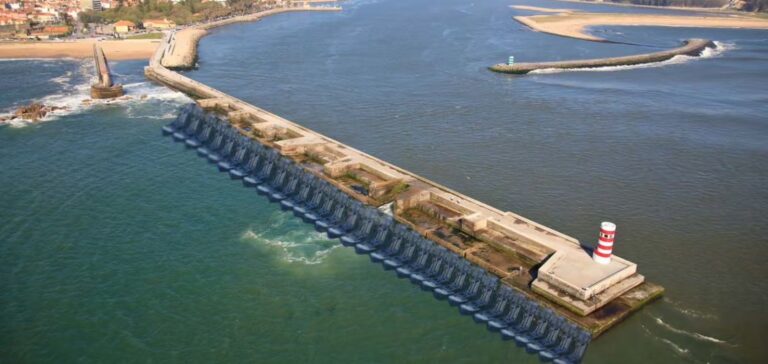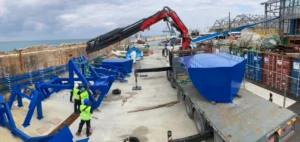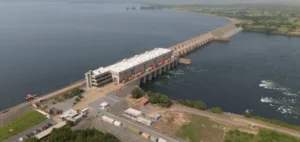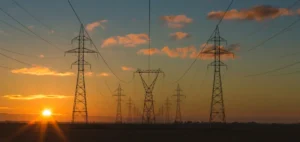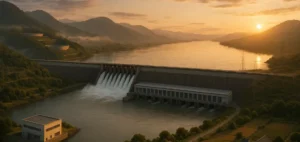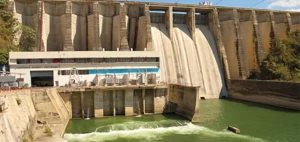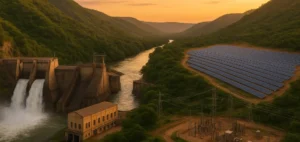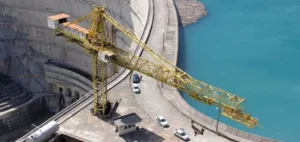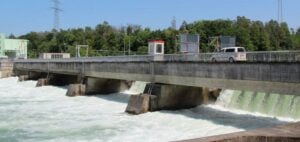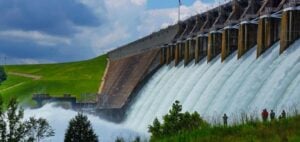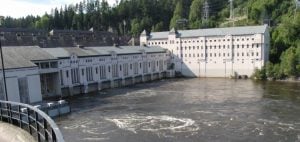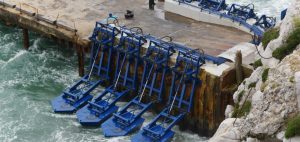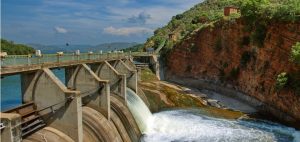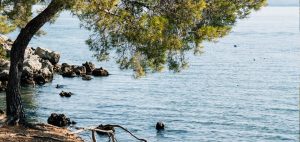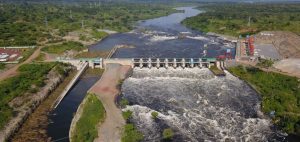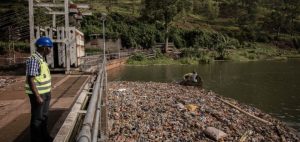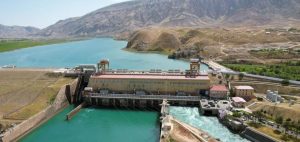Eco Wave Power, a leader in land-based wave energy technology, has launched infrastructure improvement works for its energy generation project in Porto, Portugal. This project, representing the company’s first large-scale initiative in the country, is expected to produce a 1 MW capacity by 2026. The goal is to convert ocean wave energy into sustainable electricity, thus supporting Portugal’s renewable energy strategy.
Transforming existing infrastructure
The project is based on transforming an existing breakwater tunnel, known as “The Gallery”, into a cutting-edge facility designed to house the wave energy conversion equipment. The site will also serve as an underwater museum dedicated to wave energy and an educational centre to raise public awareness of renewable energy technologies. This approach aims to combine energy production with citizen engagement through an immersive experience.
Essential preparatory works
The current works include several infrastructure improvement measures to prepare “The Gallery” for the installation of the equipment and to welcome visitors. Actions being undertaken include the removal of accumulated sand and debris, the reinforcement of existing structures by replacing doors and windows, as well as the implementation of sealing measures to prevent water infiltration. These steps are crucial to ensure the safety of the installation and the durability of the equipment.
Partnerships to ensure project success
To ensure the successful execution of this initiative, Eco Wave Power has appointed Juan José Gómez as the head of the power plant. With his experience in renewable energy operations, Mr. Gómez will oversee the daily implementation of the project, ensuring compliance with technical and operational goals. In parallel, MOQ Engineering, a well-known Portuguese engineering firm, has been engaged to carry out the final design and load calculations for the project. MOQ will implement advanced technologies such as Building Information Modelling (BIM) and parametric design to ensure high standards of safety and efficiency.
A model for the future of wave energy
Once the infrastructure is completed, the project will move to the next phase, which will include the production and installation of the necessary equipment for Eco Wave Power’s technology. This project aligns with Portugal’s energy strategy, which aims to generate 85% of its electricity from renewable sources by 2030. Furthermore, it will serve as a model for other wave energy initiatives globally.
Inna Braverman, CEO of Eco Wave Power, commented: “This milestone demonstrates our commitment to providing a robust and scalable wave energy solution in Portugal. By addressing critical infrastructure needs and collaborating with engineering experts like MOQ, we are laying the groundwork for a smooth installation and successful energy production from the waves.”

